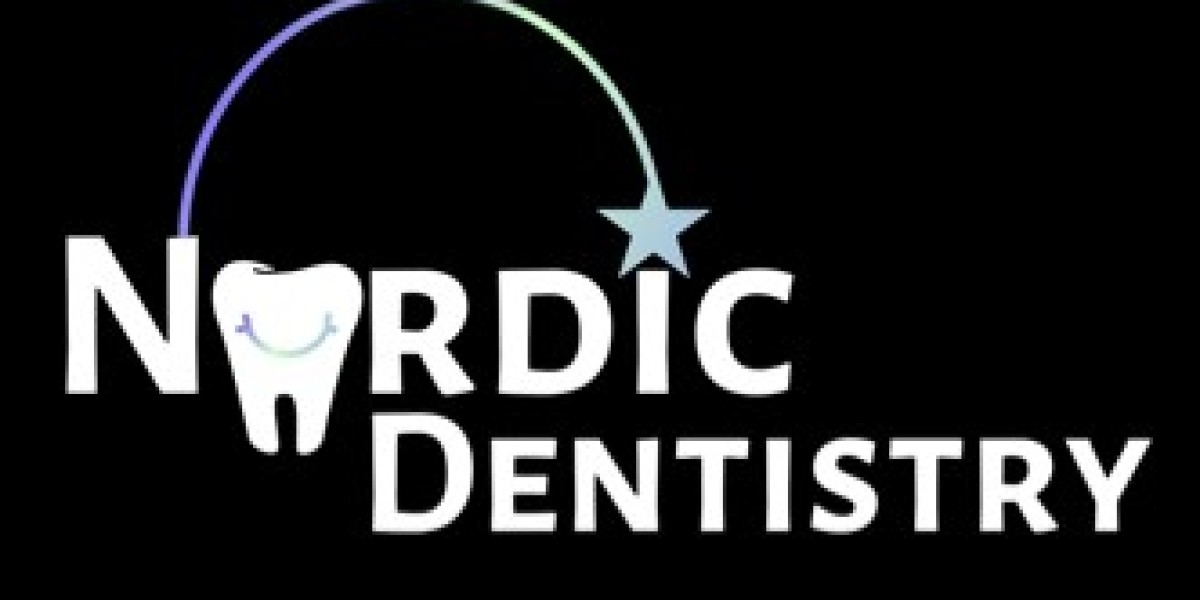Obsessive-Compulsive Disorder (OCD) is a complex mental health condition characterized by intrusive thoughts and repetitive behaviors. Within the spectrum of OCD, there are several specific manifestations, including Pure OCD, Relationship OCD (ROCD), and the importance of OCD family support. Understanding these subtypes and the role of family support is crucial in managing and overcoming this challenging disorder.
Pure OCD is a form of OCD where individuals experience intrusive, unwanted thoughts without visible compulsions. These thoughts can be distressing and often revolve around themes such as violence, sexual thoughts, or religious blasphemy. Unlike traditional OCD, where compulsions like handwashing or checking are more apparent, those with Pure OCD may engage in mental rituals such as reassurance seeking or neutralizing thoughts. The hidden nature of these compulsions can make Pure OCD particularly difficult to recognize and treat. Cognitive-behavioral therapy (CBT) and exposure and response prevention (ERP) are effective treatments for managing these intrusive thoughts.
ROCD (Relationship OCD) is another subtype where obsessions and compulsions focus on romantic relationships. Individuals with ROCD may experience constant doubt and uncertainty about their partner's love, their own feelings, or the "rightness" of the relationship. These doubts can lead to repetitive questioning, seeking reassurance, and comparing their relationship to others. The distress caused by ROCD can strain relationships and lead to significant emotional turmoil. Treatment for ROCD often involves CBT and ERP, helping individuals to tolerate uncertainty and reduce compulsive behaviors related to their relationships.
Relationship OCD (ROCD) specifically targets romantic relationships, but it is essential to distinguish between general relationship doubts and the excessive, intrusive thoughts characteristic of ROCD. The compulsions in ROCD, such as seeking constant reassurance or excessively analyzing the relationship, can be detrimental to both partners. Therapy aims to break the cycle of obsession and compulsion, fostering healthier relationship dynamics and reducing anxiety.
OCD family support plays a pivotal role in the recovery and management of OCD. Families can provide crucial emotional support, understanding, and encouragement. Educating family members about OCD and its specific manifestations, such as Pure OCD and ROCD, can help reduce misunderstandings and stigma. Family members can also support treatment adherence, create a supportive home environment, and participate in family therapy sessions if necessary. Understanding the challenges faced by their loved ones with OCD and offering patience and compassion can significantly enhance the recovery process.
In conclusion, Pure OCD and ROCD are specific subtypes of OCD that require tailored approaches for effective treatment. Recognizing the hidden nature of Pure OCD and the relationship-focused obsessions of ROCD is essential for proper diagnosis and intervention. Additionally, the role of OCD family support cannot be overstated, as families provide the emotional and practical backing needed for individuals to navigate their journey toward recovery. Through a combination of therapy, education, and family involvement, individuals with OCD can find relief and lead fulfilling lives.







